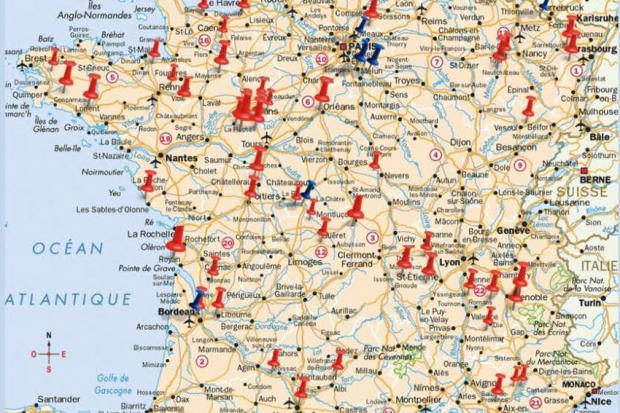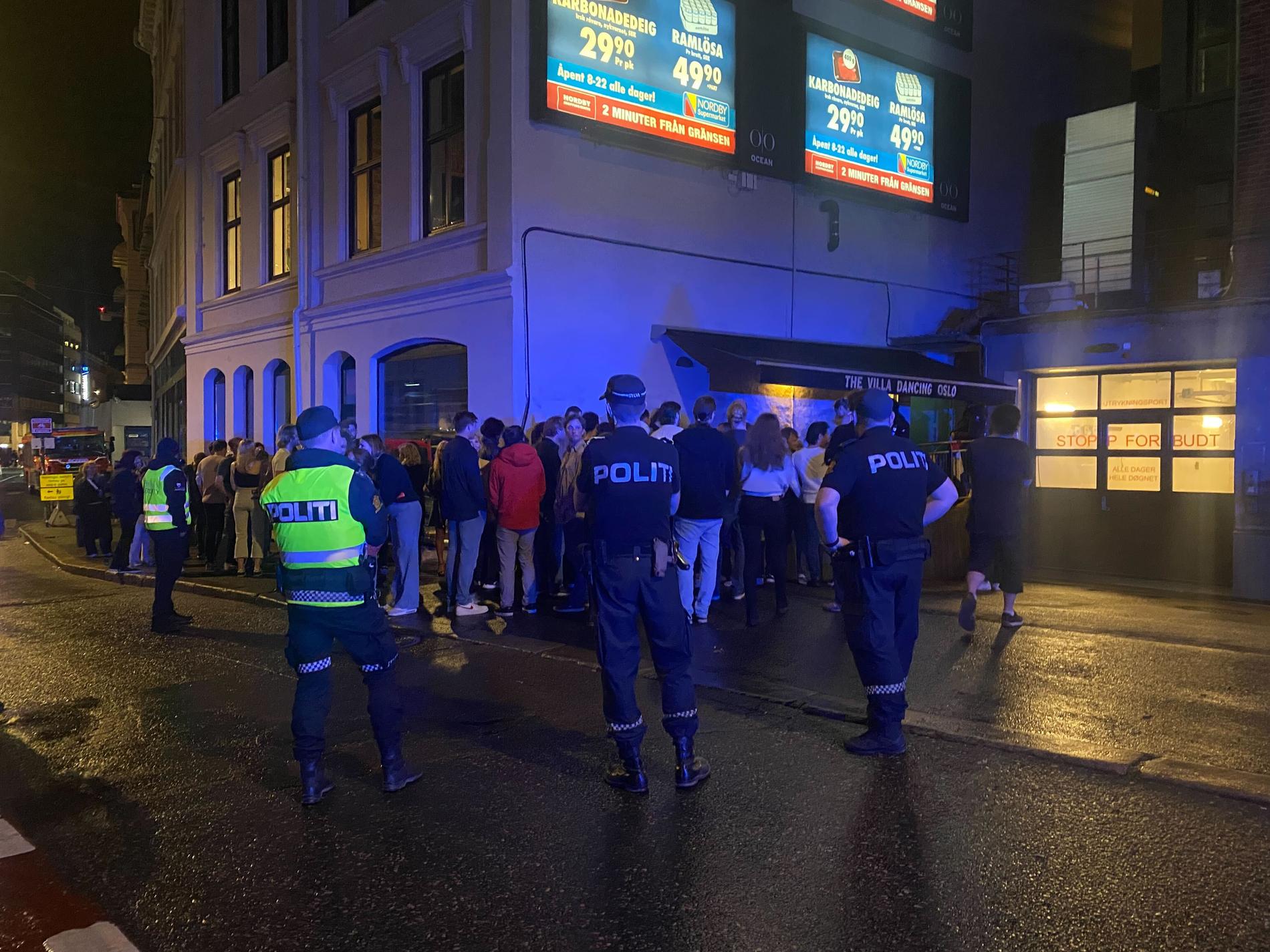Every week, emergency services are saturated, every week, some close at night or on weekends. Others, permanently. These closures, everywhere on the territory, are relayed by all the media, national and local. The situation is denounced daily on social networks by actors in the field, caregivers, doctors, or even patients who have had difficulty accessing a care offer.
“We keep the map of the services that are closing up to date, we are a bit like the smart Bisons of the Emergency Department. We have never been so close to breaking up. For a month, the situation has been catastrophic, ”begins Audrey Baskovec, 41, treasurer of the Collectif Santé en danger in which she has been involved from the start and nurse in the Grand-Est since 2001, today coordinator of donations from organs. “. A situation also denounced this Thursday, May 19 on France Info by Professor Remi Salomon, “we have an imminent risk of a breakdown in access to care. It’s already happening and it could get worse quite considerably during the summer, when the holidays are over. The president of the Association of hospital emergency physicians of France, Patrick Pelloux is just as alarmist “It will be atrocious, unheard of. We are going to have unexpected and involuntary (sic) deaths in the structures. (…). For the moment, we no longer have a Minister of Health, we are between two elections and we know that no decision will be made. It’s terrifying, ”he predicted in Ouest-France.
The “True Ségur of Health”
Rather than waiting for measures and suffering, the Santé en danger collective, created in July 2020 after the conclusions of Ségur, by Arnaud Chiche, doctor, and seven health professionals, now counting 6,000 members *, worked on a program and formulates recommendations submitted to the government to regain balance and provide care. “We called it The First 100 Days,” says the representative. We sent the document to Messrs Véran and Macron a few weeks ago. These are the priority projects to be implemented. »
The document is presented as a calendar from the beginning of June to the beginning of September. “These reforms are the logical continuation of the main axes chosen during the ”Vrai Ségur de la Santé”, which took place between February and March 2022″, it is specified in the introduction.
Keep the professionals in place
“What seemed primordial and essential to us, immediately, is to keep the professionals in place, so that they don’t leave! It is no longer a question of attracting but of preventing resignations, exclaims the nurse. The nurses, caregivers, doctors who are still there are passionate about their job, want to treat properly but they are exhausted! You have to give some hope. The priority is an immediate night plan: a nurse who does nights is paid 1.07 € per hour more, we are asking for 10 € more! With, therefore, wage revaluation of the permanence of night care for all and doubling of call duty for doctors, recognition of the arduousness of night work, tax exemption of call duty allowances, cessation or limitation of full call duty after 50 years. . »
Fight against medical deserts without coercion
That’s for June 15. Then, from July 1, it is a question of establishing and guaranteeing reasoned patient/caregiver ratios in all hospital departments. “As in intensive care, two nurses for five patients, illustrates Audrey Baskovec. So we ask for at least one nurse/caregiver pair for 12 patients. »
From July 6, the idea is to facilitate access to care and to fight against medical deserts: revaluation of the price of the consultation of general practitioners and the amount of the home visit, reduction in the weight of administrative charges, delegation of competence towards the IPA, installation facilities with financing of medical secretariats and management of the premises for example, mapping of the health resources of the territories, increase in the number of trained people. “On the other hand, we are opposed to the obligation to install young doctors in medical deserts, insists the treasurer. We are against coercion but for concrete incentives. »
The removal of any administrative burden in the hospital as in the liberal sector aims to restore time and meaning to care. “General practitioners in town and liberal nurses spend 50% of their time managing administration, Audrey Baskovec figures. We must let them heal! This puts off many and worsens the situation of medical deserts. »
A ministry of health prevention
The program also offers a jumble of salary increases for emergency physicians and paramedics, recognition of paramedic skills specific to emergencies, psychological monitoring for caregivers and health students, reinforced tutoring for nursing trainees, statutory revaluation and wages for the invisible medico-technical, social, medico-social and midwifery professions, the implementation of an energy transition plan for healthcare establishments with the recovery of medical waste and the creation of a green label for establishments among others.
At the end of August, detail of a five-year plan with the creation of a ministry of health prevention: education policy, screening…
Finally, from August 29 to September 2, holidays! “A little humor, laughs the nurse. No specific response from the government for the moment. With the legislative elections, we will see later, we were told. »
In the meantime, at the time of the establishment certification procedure, some doctors are boycotting the process, as in Limoges, where around a hundred practitioners have approved the boycott.
Thomas Laborde
* In addition, the facebook page of the Collectif Santé en danger is followed by 220,000 people. It is punctuated every day with publications: articles about emergencies that are closing, reports on initiatives here and there, testimonials, meetings with candidates for the legislative elections…
–


